The Peoples of Aithyris
The Peoples of Aithyris: A Traveler's Guide
The world of Aithyris is home to a rich tapestry of sentient peoples, each with their own unique history, culture, and place in the grand story of the age. From the grand cities of the Five Seas to the deepest forests and mountains, these are the primary races a traveler is likely to encounter.
Humans
Ambitious, resilient, and numerous, humans are the youngest and most dominant race in many parts of the world, particularly in the sprawling, often-warring kingdoms like Therysia. With their relatively short lifespans, they are a people of great passion and urgency, driven to build vast empires, forge legendary weapons, and leave their mark on a history that often forgets. Their kingdoms are centers of martial strength, robust trade, and relentless innovation, though their history is fraught with bitter civil wars and political intrigue.
Additional terms used for the humans include:
Kali: A common and polite term for humans among shandaryn, referencing the Kalir, a broad plain in central Tey-Samal believed to be the birthplace of humanity.
Hands / Les Mains / Lemons: Original names for the people of Wycliff, later shortened to "Lemons" due to the region's citrus.
Shandaryn
The shandaryn are an ancient and elegant people, similar to the elves of myth, who live for many centuries. They are often possessed of a natural grace and a deep connection to the artistic and spiritual currents of the world. They are the primary inhabitants of the sophisticated Qyendom of Vespria and their culture values knowledge, tradition, and intricate beauty.
Additional terms used for the shandaryn include:
Immortals: A derogatory term sometimes used for full shandaryn .
Alfir: A term of Nord origin for shandaryn, still used in the Eleysian Islands.
The Elowyn:
A distinct and reclusive shandaryn culture, the Elowyn live in deep harmony with the natural world, often inhabiting ancient forests or remote isles. They are masters of woodcraft, healing, and possess a profound, instinctual understanding of the world's living essence.
Orfian
Known to many as the "Children of Aithyris," the orfian are an enigmatic and ancient fey race believed to have arisen naturally from the world itself. Small in stature, often resembling the children of the taller races they live near, they are masters of adaptation and camouflage, frequently "hiding in plain sight" within the societies of others. They are gifted artisans and keepers of quiet wisdom, often living in hidden grottos or serving in roles that allow them to observe the world without being noticed.
Additional terms used for the orfian include:
In addition to Children of Aithyris, the orfian are also sometimes called the Little People, or the Children . Derogatorily, they are sometimes called stunts .
Klash-kal
Hailing from vast cavern-cities deep within the mountains, the klash-kal, or "Stone People," are a hardy and resilient race. Shorter and stockier than humans, their skin often has the texture and coloration of natural stone. They are master engineers, miners, and smiths, credited with creating the most formidable fortresses and legendary weapons in Aithyris. Though they rarely emerge from their subterranean realms, their craftsmanship and their unyielding strength are renowned throughout the world.
The Hybrid Peoples
As the races have mingled over the millennia, peoples of mixed heritage have emerged, combining the traits of their ancestors. The most common are the shin'misal, born of human and shandaryn unions, who often act as bridges between the two cultures. Far rarer are the fliis, the tough and ingenious offspring of the klash-kal and orfian, who are known for their unique inventions and mastery of vibrational technology.
Additional terms used for the shin'misal include:
Half-bloods: A common synonym for shin'misal.
Mongrels: A derogatory term used by some to describe shin'misal.
Halfalfs: A derogatory term for shin'misal, particularly in lands touched by the Nord.
Omia: A specific group of shin'misal of Elowyn culture, mixed with Asokee.

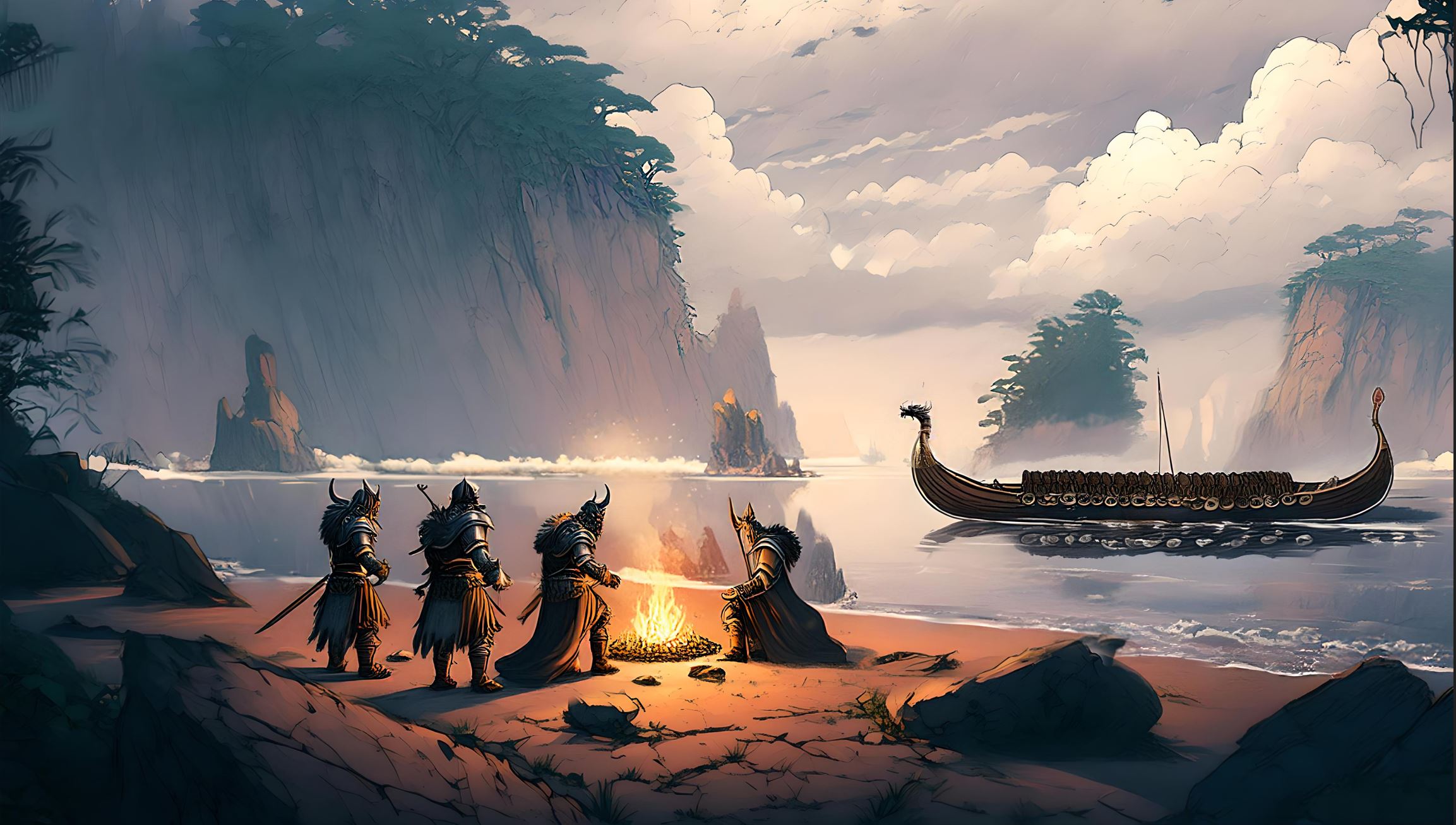
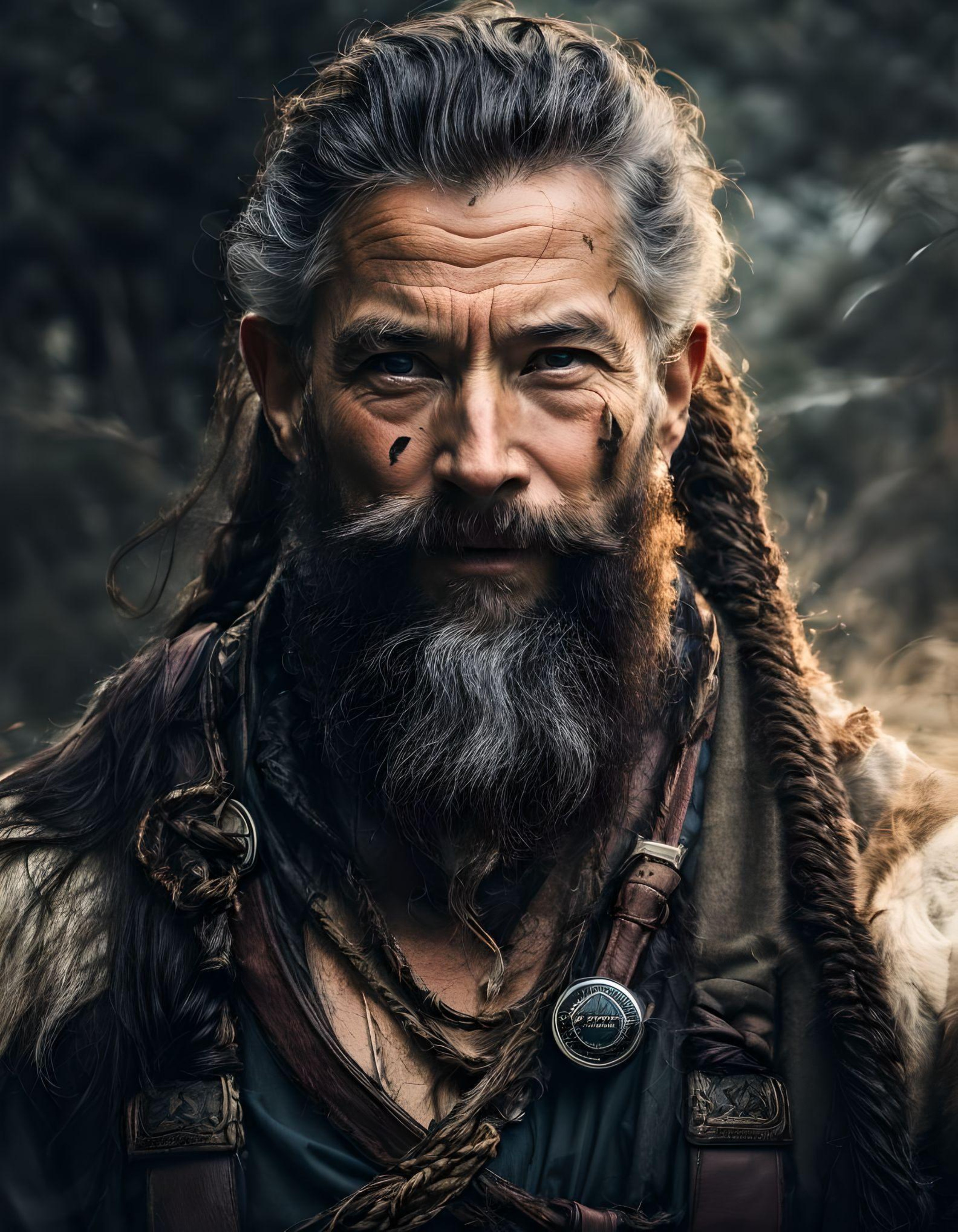
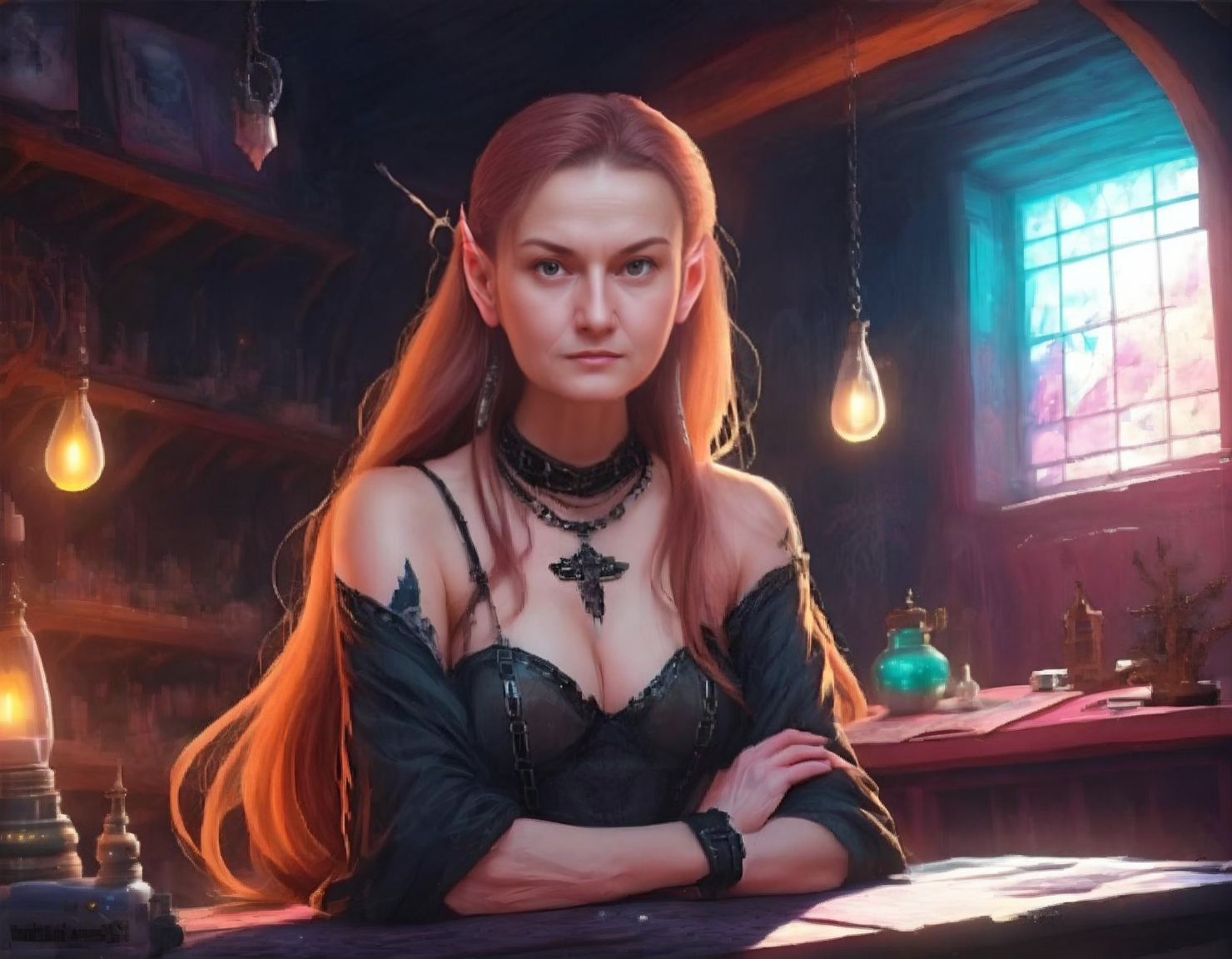
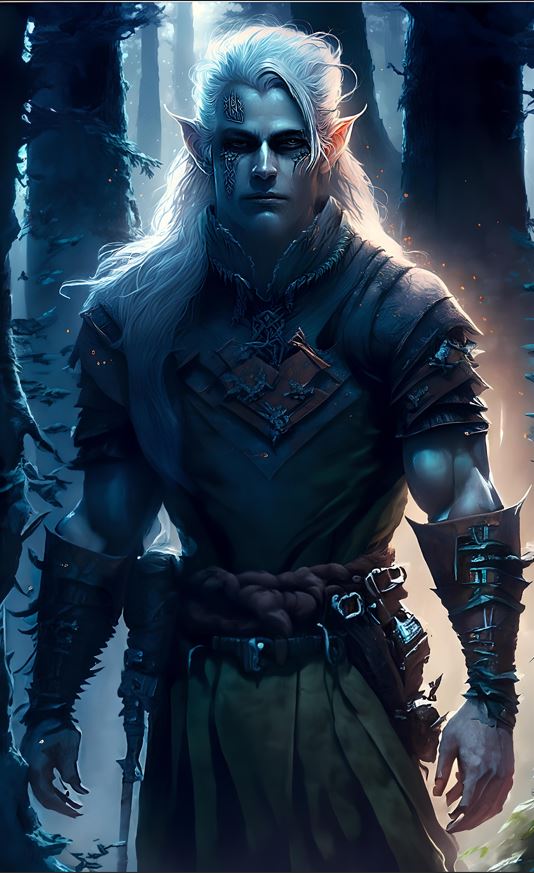
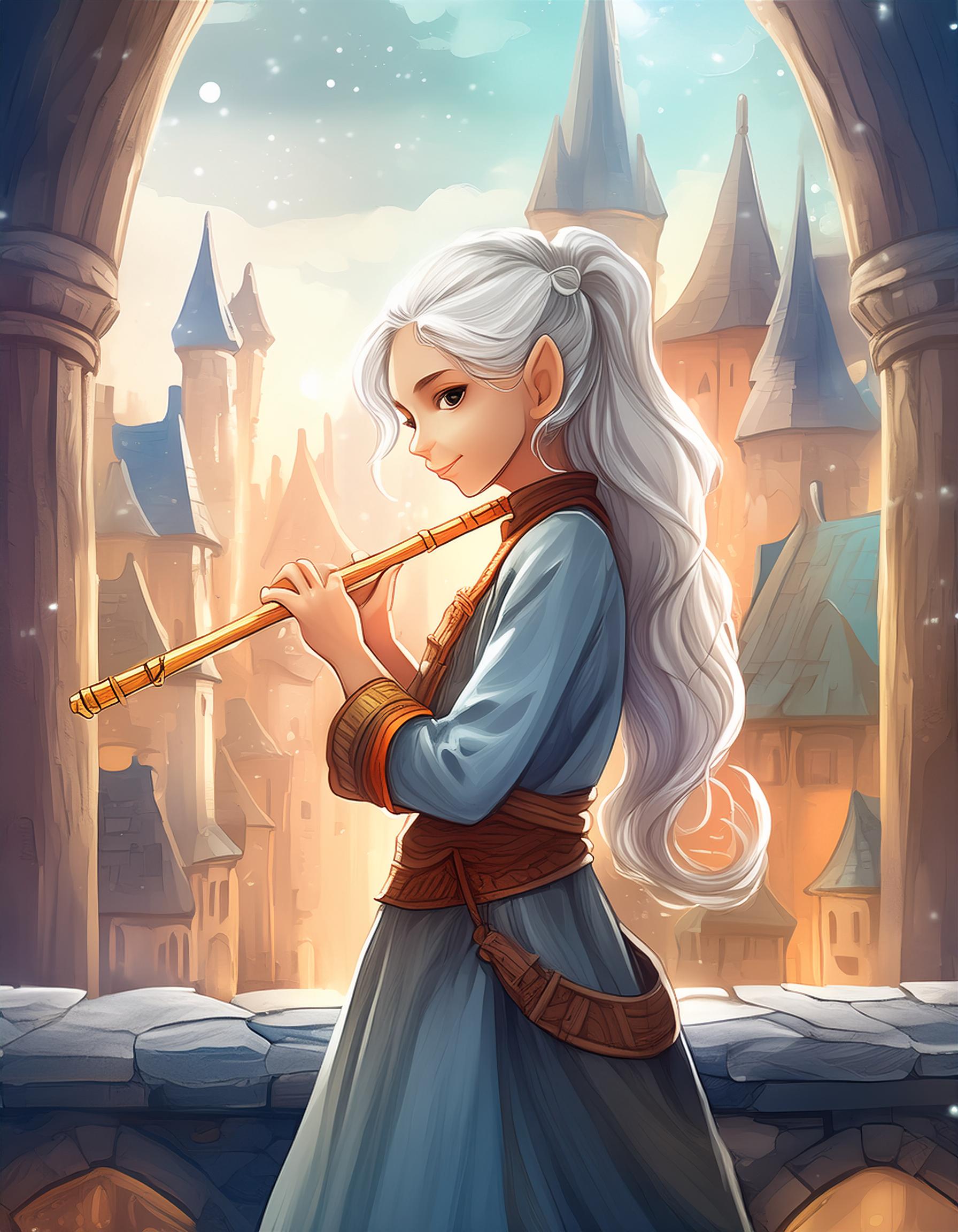
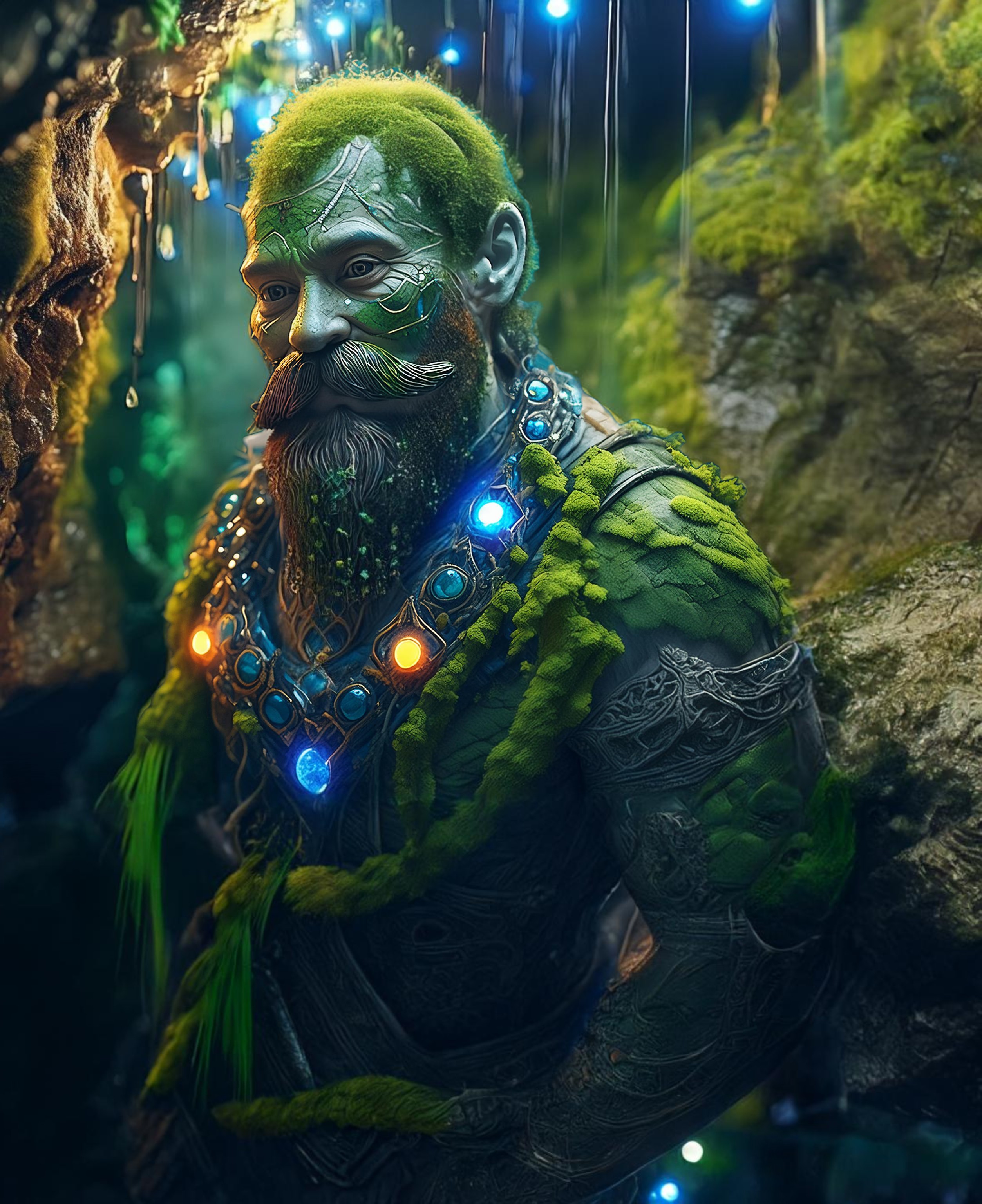
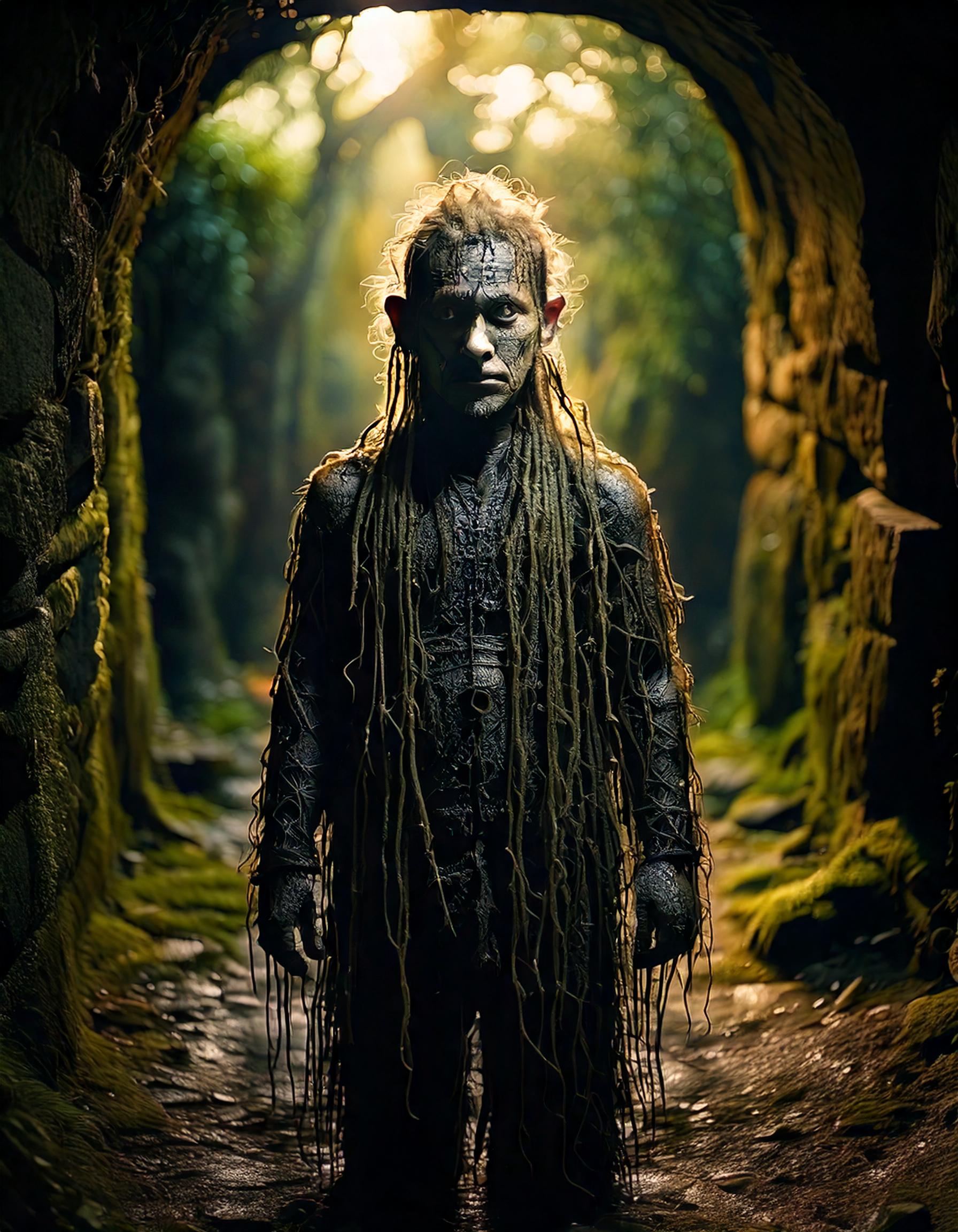
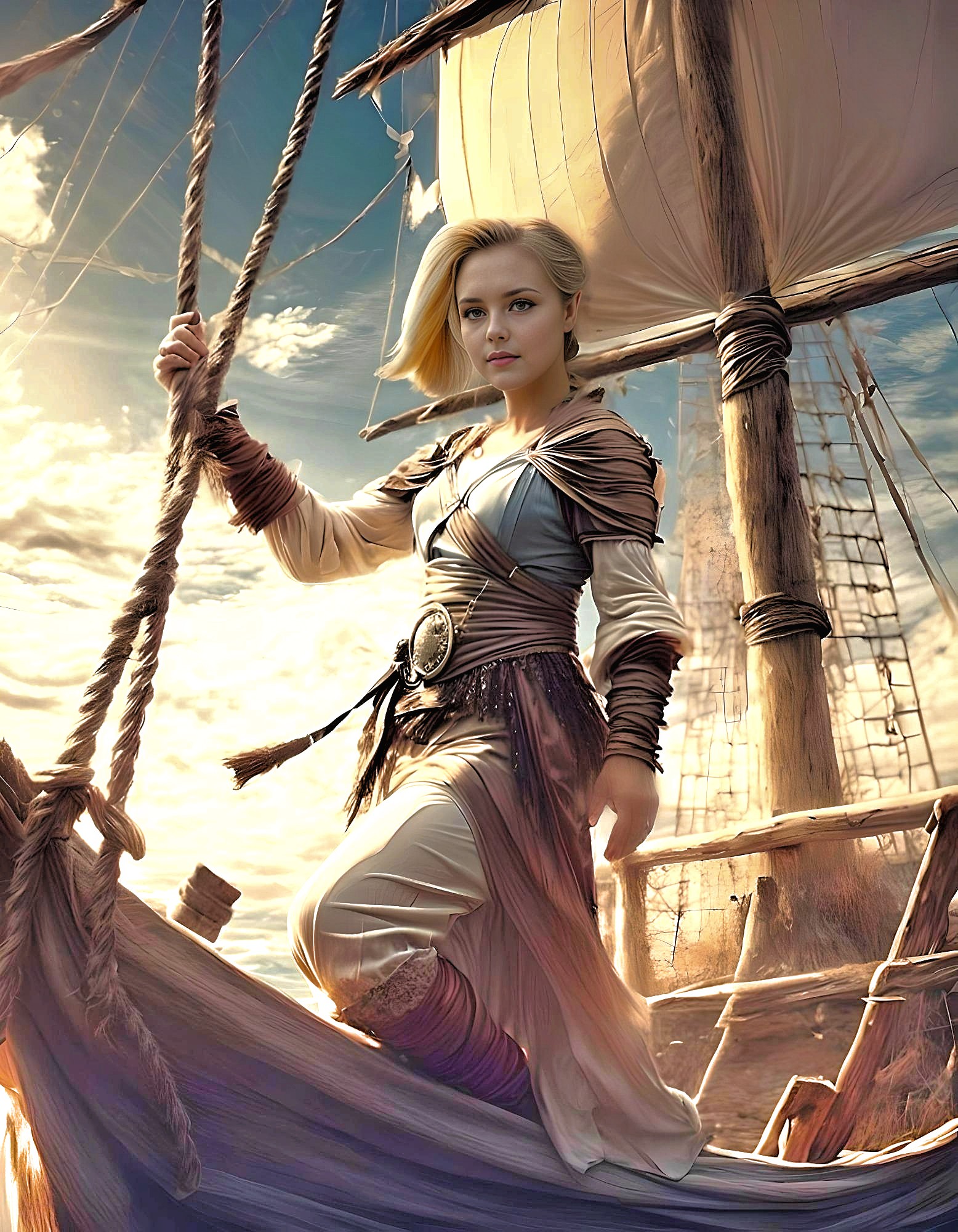
Comments